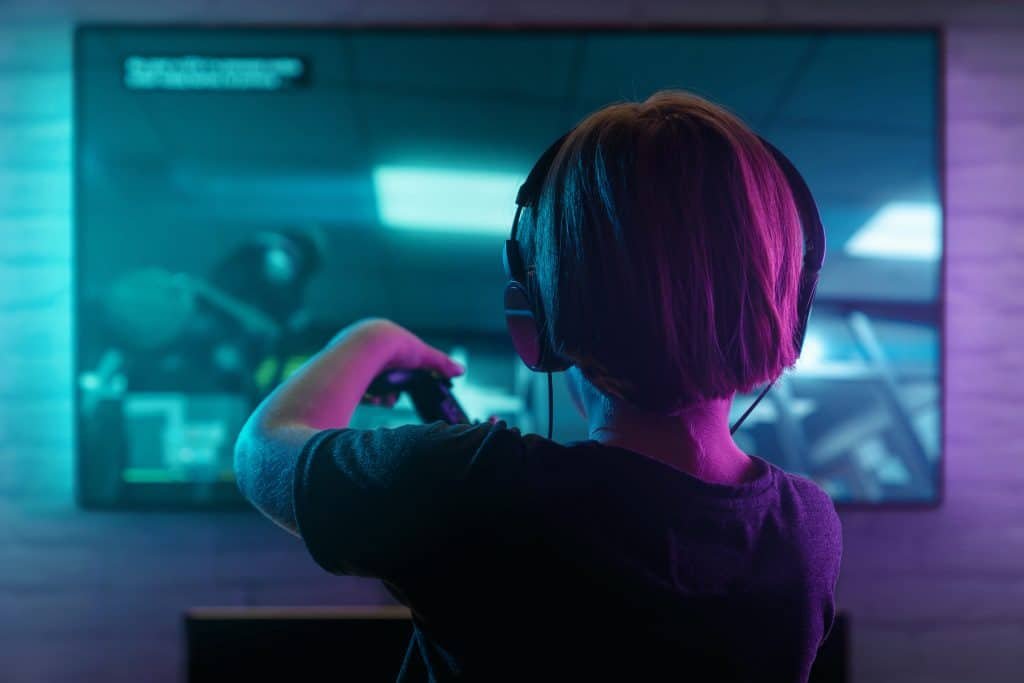
All about Artificial intelligence
In recent years, the game community has come across a ongoing debate: the legality of using emulators and ROMs for old games. While some argue that it is a way of preserving the history of video games, others argue that it can violate copyright and intellectual property of developer companies.
Let’s understand this issue in detail, addressing whether it is illegal or not, using game emulator, having ROM, software copyright and controversies involving large companies in the sector.
Also read:
Is it illegal to use emulator?
Emular games refers to using software (emulator) to replicate the behavior of a video game console on a different device, such as a personal computer or a smartphone. The legality of this practice is often questioned, but the answer is not so direct.
From a strictly technical point of view, the use of emulators itself is not illegal. Many emulators are developed as open source projects and are freely distributed on the internet. Also, emulating games can be a way of preserving old titles and ensuring that they remain accessible for future generations of players.
However, the situation becomes more complex when it comes to using digital copies of gaming (ROMs) in conjunction with emulators. ROMs contain the original game data and are essential for emulators to work. The question of being illegal or not using emulator comes when ROMs are obtained from unauthorized sources, such as file sharing sites or online communities.

Can I have old games roms?
The legal answer to this question is usually not. Unless you have a physical copy of the original game and make a personal copy for personal use (which is allowed in some jurisdictions), downloading unauthorized sources games is a violation of copyright and automatically becomes illegal to use emulator in this case.
Games are copyright -protected products, and the right to make digital copies of them generally belongs exclusively to copyright holders, ie, the game -developing companies. Downloading and distributing ROMs without the permission of these companies is considered piracy, which is illegal in many parts of the world.
However, there is a gray area when it comes to old games that are no longer available for purchase on the market. Some argue that if a game is no longer being marketed and there are no other cool ways to get it, then downloading a ROM to throw it into an emulator can be justified as a way of preserving the cultural heritage of video games. However, even in these cases, legality is still questionable and may vary under local legislation.
Software and controversy copyright
Software copyright play a crucial role in this debate on whether or not to be illegal to use an emulator. Companies that develop games have the legal right to control how their products are distributed and used. This includes the ability to prevent unauthorized distribution of ROMs and emulators that reproduce their games without permission.
However, large game companies often face criticism for their aggressive approach to piracy and the preservation of old games. Some companies have been known to take legal measures against sites that host or emulators, seeking to protect their copyright and commercial interests.
On the other hand, there are arguments that companies should adopt a more flexible approach to the preservation of old games. Many classic games have been lost over the years due to lack of maintenance and support from companies. Emulation and use of ROMs can help keep the history of video games alive and ensure that old games remain accessible to future generations.

However, companies often see this as a threat to their intellectual property and business models. They argue that the unauthorized distribution of ROMs and emulators harms their revenues and undermines the value of their intellectual property assets and that it would be illegal to use an emulator.
In short, while emulating old games itself is not illegal, the use of ROMs obtained from unauthorized sources can violate the copyright and intellectual property of game developing companies. Although there are arguments in favor of emulation as a way of preserving the history of video games, the legality of this practice remains a controversial issue and subject to varied interpretations of the law.
In the end, it is up to the players to decide to what extent they are willing to revive past games, balancing the desire for cultural preservation with respect for copyright and commercial interests of game companies. Meanwhile, the debate on the legality and ethics of the use of emulators and ROMs will probably continue to evolve as new technologies and changes in legislation occur.